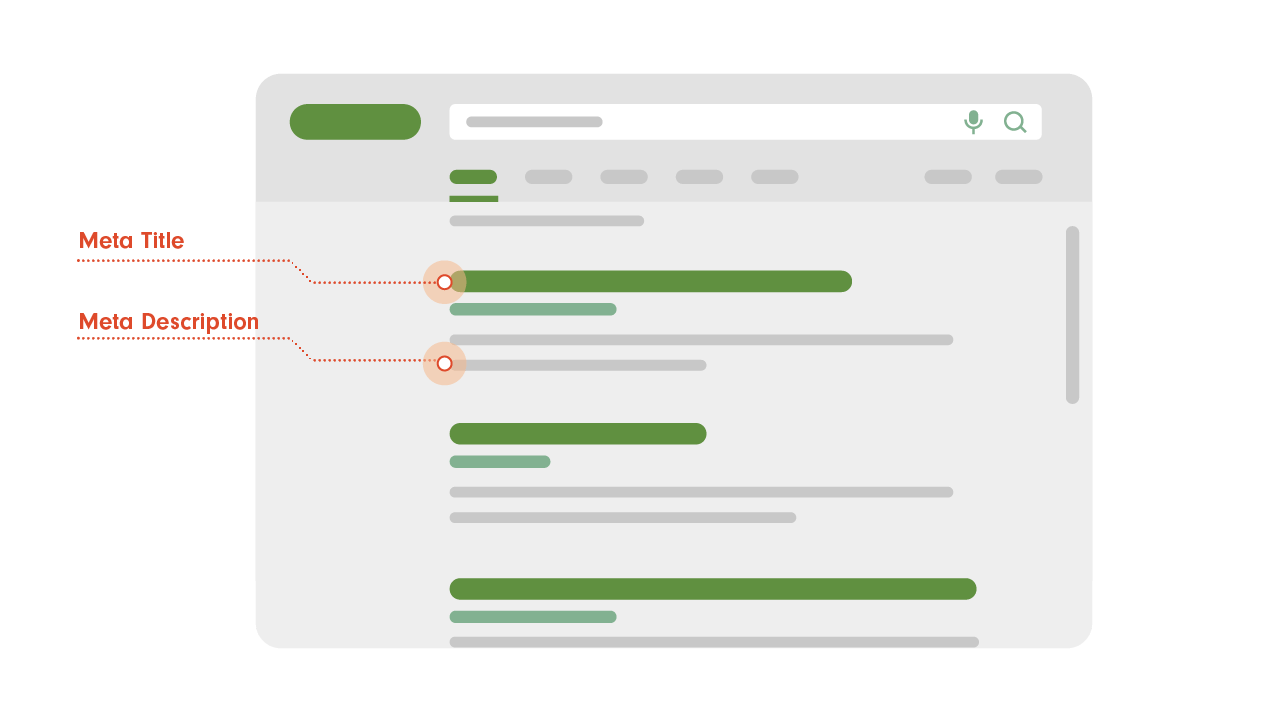How to Boost Organic Reach on Social Media
What is organic reach? Organic reach refers to the number of people you reach from
Whether you post a blog, promote a new service, or simply update information on your website, you’ll want potential clients to find your content quickly and not have to hunt for it. When people use a search engine like Google to look for information, metadata makes it easier for them to see what content is on a certain web page or post.
So why is metadata important, and what exactly is it? Find out all you need to know about metadata below!
Although the term “metadata” may strike fear into your heart as it does seem like a very technical, complicated term, it’s pretty simple. At its core, metadata is simply data about other data. In better words, — for content marketers, sake — it’s the description of what content is on a certain page of a website. These descriptions assist Google in cataloging websites’ content, so it can best match web pages with users’ search queries.
For example, if you write a blog post for your website about the top 5 local restaurants in your area, you’d want to include language along the lines of “find the top 5 restaurants near you” within the body of the post itself, its headers, title, meta title, meta description, and alt-text for images. (More on these items below!) Or, you’d want to include local identifiers related to your city or state, i.e., “the best marketing service in Cleveland, OH.”
These keywords not only draw in your audience but also grab the attention of search algorithms and increase your findability.
The use of metadata is highly impactful in your search engine optimization or SEO efforts. It helps bridge the gap online between the content you post and your desired audience. Here are a few important things you can do to improve your SEO ranking.
The content of a web page is one of its most important identifiers for both users and search engines. You should include primary and secondary keywords that you want to rank for throughout your page or post, including in your H1 (main title), other headers, within the first paragraph, and scattered throughout.
To attract more traffic to your website and keep them interested in the content they’re reading, you’ll need to write in a way that is engaging, informative, and natural so you build genuine trust and interest in your message. Many businesses result to keyword stuffing to get more keywords in, but this is poor practice and will actually hurt you—search engines ding websites that do this.
Instead, you need to attract your visitors more organically. Use conversational language; if it sounds weird when you read it out loud, it probably will sound weird in an article too. It’s tricky to write this way while working in keywords, so it may be in your best interest to outsource to a freelance writer or third-party service.

When you make a Google search, you’ll arrive at a search engine result page with thousands of pages to select from. You decide which page to visit based on the title (meta title) and summary (meta description) listed on the results page.
Writing descriptive metadata is a skill you’ll want to hone in on. You’ll have to mind character limits — 55-70 for meta titles and 250-300 for meta descriptions — and need to work in keywords and descriptions of the page itself and your products.
Of course, you must write in a way that naturally draws in a reader. You can use “you” language and make your reader the center of the discussion. Address their specific problems and pain points, and add a call to action that offers a solution.

Alt-text serves a more important purpose than SEO, and that is making your website more accessible for users with visual impairment. It’s always recommended to add textual descriptions of an image that tells readers what is on the image and the context of the image, so they can fully understand its message. If it makes sense to do so, you can work in a keyword related to your article.

It’s no secret that there is a lot of digital information on search engines like Google, Yahoo, and Bing. To avoid your content getting lost in the sea of information on the internet, you need to use different forms of metadata to your advantage. Use keywords and fine-tune descriptions to peak your audience’s attention, all while giving a quick rundown of what the content is about.
Digital marketing experts like Front Porch Solutions specialize in improving SEO for clients. Hiring a specialist to maximize your local SEO can increase the ranking of your content and land you more website visits and new clients. If you’re looking to increase business by improving your SEO practices and metadata, contact us today to get started!
Fill out the form and we’ll be in touch as soon as possible.